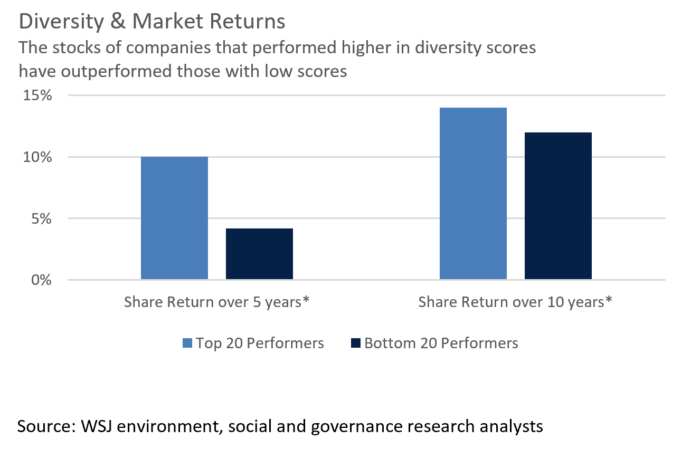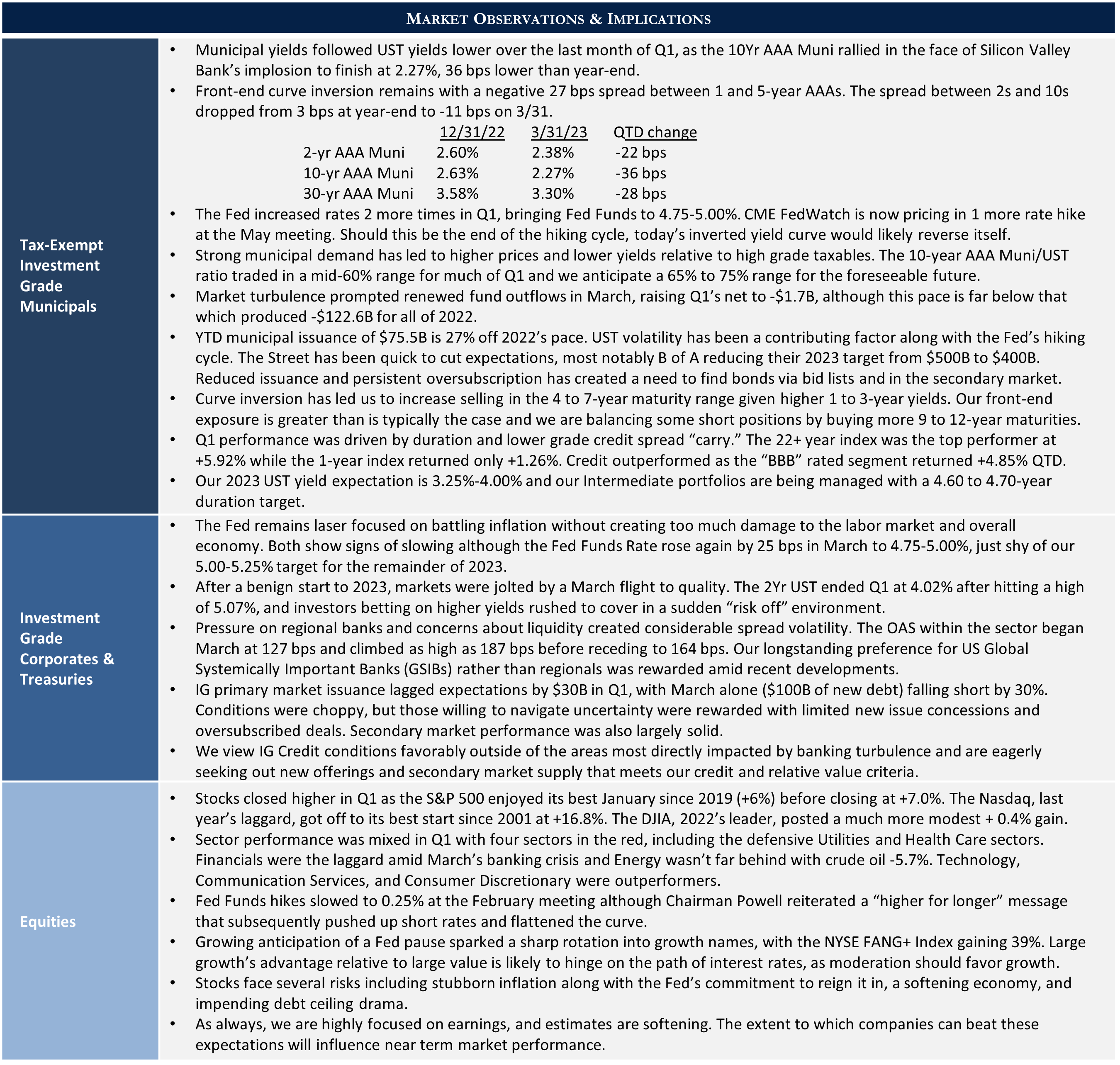 Human capital lies at the heart of business as well as society at large, and maximizing employee opportunity, motivation, and productivity has been a staple of organizational behavior for decades. The subject of diversity, equity, inclusion, and belonging (“DEIB”) transcends academic analysis and has recently taken on a heightened cultural focus. Setting politics aside, and today that can be a considerable ask, enhancing DEIB attributes in the workplace is an aspiration most likely support. However, defining what it means and implementing actionable solutions is much more challenging.
Human capital lies at the heart of business as well as society at large, and maximizing employee opportunity, motivation, and productivity has been a staple of organizational behavior for decades. The subject of diversity, equity, inclusion, and belonging (“DEIB”) transcends academic analysis and has recently taken on a heightened cultural focus. Setting politics aside, and today that can be a considerable ask, enhancing DEIB attributes in the workplace is an aspiration most likely support. However, defining what it means and implementing actionable solutions is much more challenging.
We chose this as a quarterly theme given the prominence of these issues not only in professional circles, but also in our communities. As a business, we strive to exceed client expectations and thrive in dynamic, competitive markets. Sustaining excellence demands attracting, developing, and retaining the best possible range of talent while forging these unique individuals into a cohesive team. That leads to a difficult question – what does DEIB really mean? Lacking absolute definitions, here are our interpretations.
- We see diversity as representation that can be measured through many lenses, including gender, race, ethnicity, religion, and national origin just to name a few. It refers to the extent to which we can coalesce various backgrounds, identities, and perspectives into a stronger collective whole.
- Equal opportunity remains a much broader societal challenge, yet viewed somewhat narrowly, equity is about ensuring we maintain an unbiased, adaptable, and supportive environment for all employees, as well as our clients and business partners.
- We interpret inclusion as creating a culture in which individuals are given a seat at the proverbial table and can have their voices heard.
- Belonging in a business environment references how individuals feel about their work and the extent to which they are supported and emotionally invested.
Many studies have tried to assess the impact of DEIB on corporate performance, and once you weed through a surplus of data, positive indicators seem evident. Building and operating an organization comprised of many distinct backgrounds and perspectives is not only the right thing to do, doing so enables us to better serve clients. A great deal of objective data supports that belief.
A study conducted by Harvard Business Review in 2018 found that “companies with above-average total diversity, measured across an average of six dimensions . . . had 9% higher EBITA (earnings before interest, taxes, and amortization) margins and 19% higher innovation revenues on average.”1 Thinking about why this might be the case, it strikes us that considering a broad range of input when making decisions of any kind is often beneficial, as overly narrow insights that tune out valuable contributors can be limiting.
Three years later, Harvard Business Review surveyed over 19,000 business leaders and found that one characteristic more than any other differentiated more diverse and inclusive organizations – an open-minded, learning-orientated culture.2 The data strongly suggested that companies cultivating an environment encouraging diverse input demonstrate better decision-making and greater innovation.
So, even if one embraces these aspirations, how might organizations proceed? McKinsey & Co. argues in a recent post, “Why Do Some DEIB Initiatives Work,”3 for starting by defining specific objectives rather than simply initiating DEIB related activities out of a desire to show activity. After thinking through goals of our own, Appleton decided to focus on trying to recruit as wide a range of talented professionals as possible; ensuring all our employees are empowered to learn and grow in their careers; and identifying and addressing unique client needs influenced by characteristics such as gender.
We recently offered initial thoughts on our website, although an endeavor of this nature will admittedly always be a work-in-progress. There are no easy solutions to DEIB challenges, yet we believe that striving to make progress will be productive for our employees, clients, and business. By fostering an environment of diversity, we seek to broaden our talent base and enhance our ability to deliver exceptional services aligned with clients’ personal circumstances.

- Harvard Business Review, “How and Where Diversity Drives Financial Performance,” 1/30/18
- Harvard Business Review, “What Inclusive Companies Have in Common”, 6/18/21
- McKinsey & Co., 1/13/23





